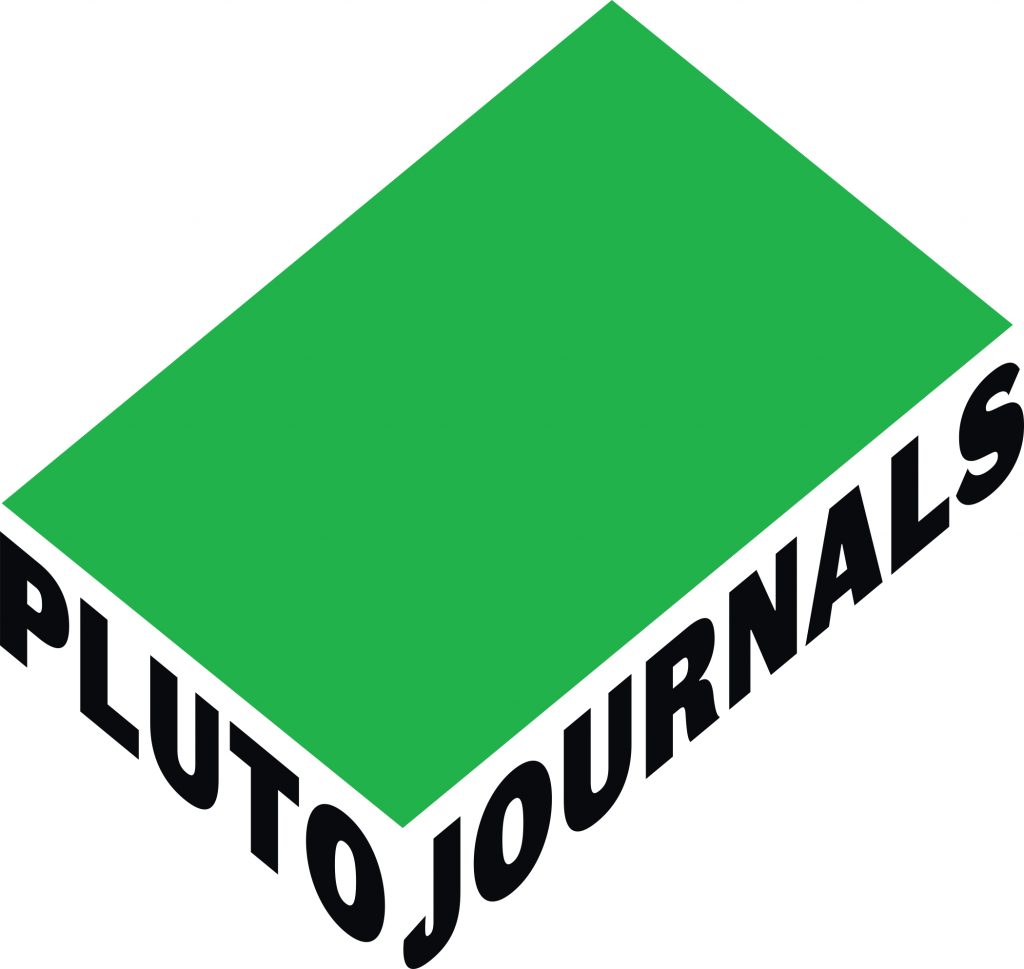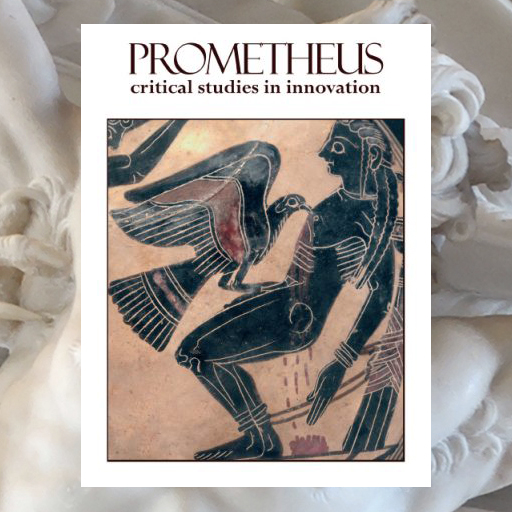Editorial
“Death is no impediment at all”
Submissions
Prometheus is particularly attracted to papers that challenge prevailing views, and it encourages debate.
Latest Papers
-

As open as possible, but as closed as necessary: openness in innovation policy
-

Turning sportswashing against sportswashers: an unconventional perspective
-

State secrets and compromises with capitalism: Lev Theremin and regimes of intellectual property
-

How does innovation arise in the bicycle sector? The users’ role and their betrayal in the case of the ‘gravel bike’
-

von Hippel innovation
Latest Review Essays
-

Mark Shepard, There are No Facts. Attentive Algorithms, Extractive Data Practices, and the Quantification of Everyday Life
-

David J. Gunkel, Person, Thing, Robot: A Moral and Legal Ontology for the 21st Century and Beyond
-

Stuart Ritchie, Science Fictions
-

William Kingston, How Capitalism Destroyed Itself: Technology Displaced by Financial Innovation
-

Maximilian Platzer and Nesrin Sarigul-Klijn, The Green Energy Ship Project: Renewable Energy from Wind over Water
Latest Book Reviews
-

Ryan Jenkins, David Černý and Tomáš Hříbek (eds) Autonomous Vehicle Ethics: The Trolley Problem and Beyond
-

Agnes Horvath, Magic and the Will to Science: A Political Anthropology of Liminal Technicality
-

Gibson Burrell, Ronald Hartz, David Harvie, Geoff Lightfoot, Simon Lilley and Friends, Shaping for Mediocrity: The Cancellation of Critical Thinking at our Universities
-

Bas de Boer, How Scientific Instruments Speak: Postphenomenology and Technological Mediations in Neuroscientific Practice
-

Bjørn Lomborg, False Alarm



